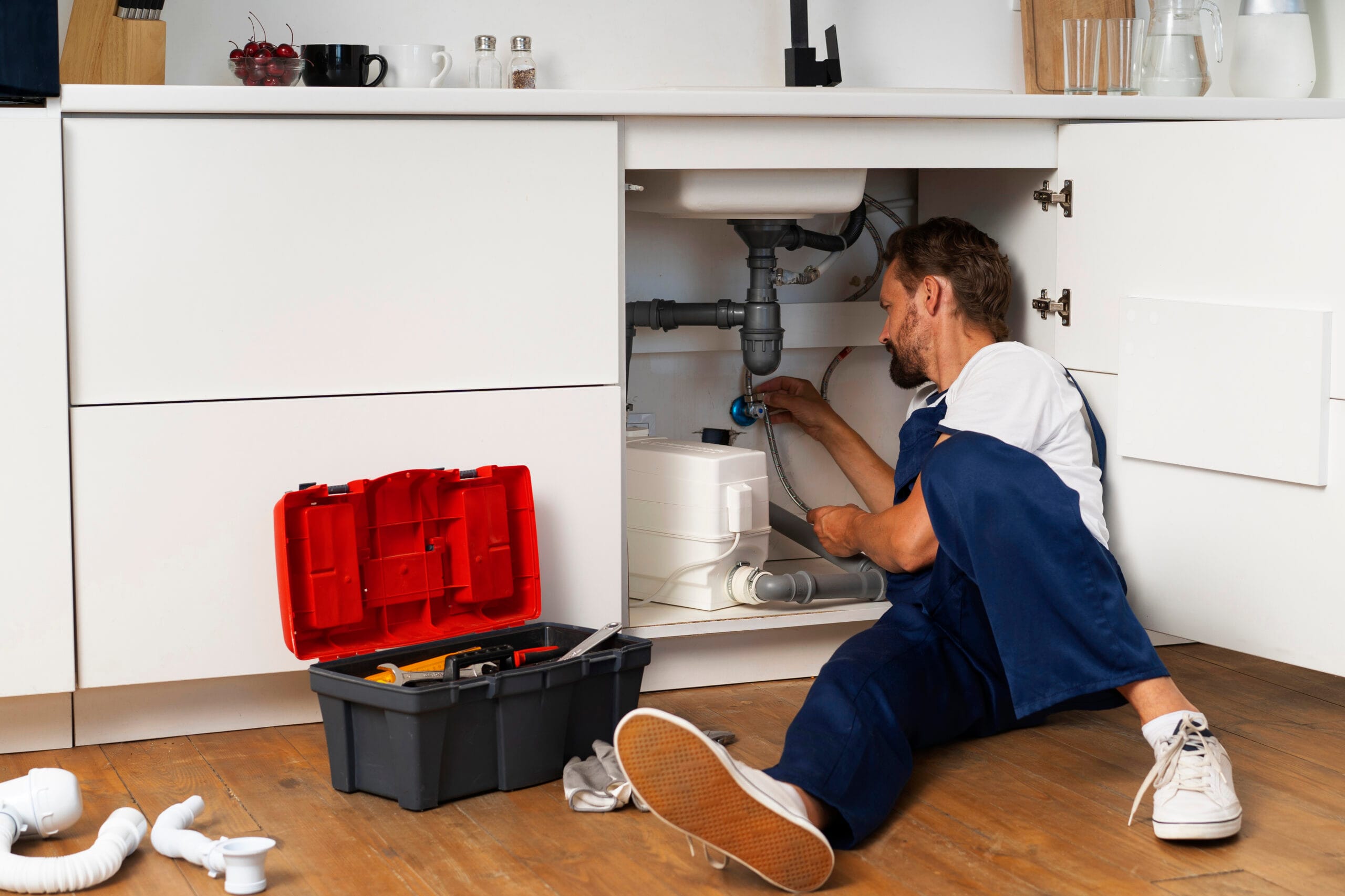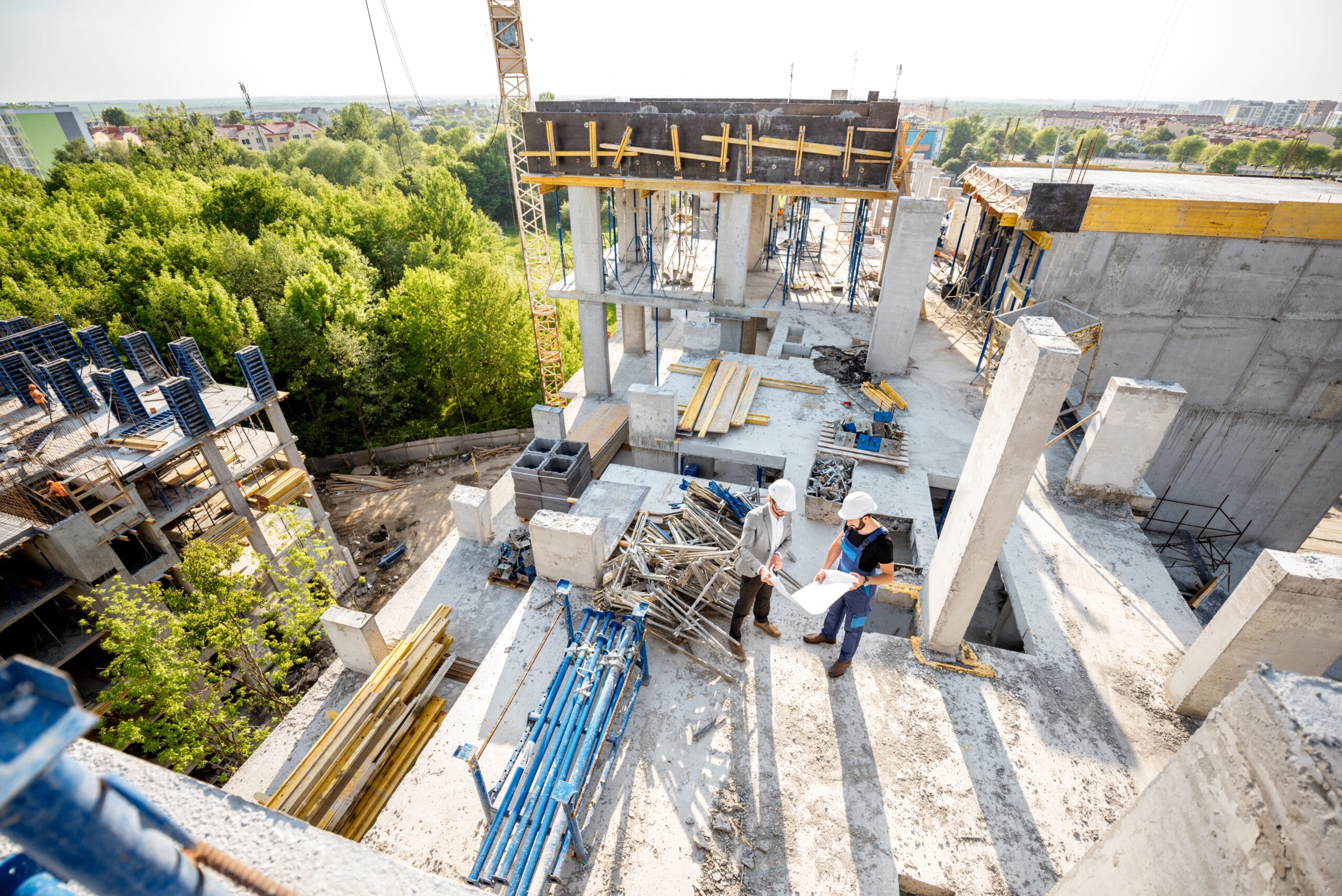Becoming a plumber offers a rewarding career path for those interested in skilled trades. To become a plumber, one typically needs to complete a combination of education, apprenticeships, and licensing requirements. This profession not only provides stability but also offers opportunities for specialization and advancement.
Aspiring plumbers can start their journey by enrolling in training programs that cover essential plumbing techniques and safety regulations. After completing the necessary coursework, gaining hands-on experience through an apprenticeship is crucial. This real-world training is vital for developing the skills needed to manage various plumbing systems effectively.
The demand for qualified plumbers continues to grow, making this an appealing option for job seekers. With dedication and the right training, individuals can establish a successful career that supports both personal and professional goals.
Understanding the Plumbing Profession
The plumbing profession involves various roles and responsibilities critical to maintaining and restoring essential water systems. Career prospects in this field are promising, with a stable demand for skilled professionals. The work environment can vary significantly, from residential settings to large commercial projects.
Roles and Responsibilities
Plumbers are tasked with installing, repairing, and maintaining plumbing systems. This includes water supply lines, drainage systems, and fixtures such as sinks and toilets. They must understand blueprints and building codes to ensure all work meets legal standards.
Regular duties involve troubleshooting issues, conducting inspections, and performing routine maintenance. Plumbers also respond to emergencies, such as leak repairs or sewer backups. Customer service skills are important, as they often interact directly with clients to explain problems and solutions.
Career Prospects
The plumbing industry offers solid job security. As infrastructure ages and populations grow, the demand for plumbers is steadily increasing. Many plumbers find work in various settings, including residential, commercial, and industrial environments.
Certification and licensing are crucial for career advancement. Plumbers with specialized skills, such as those in gas fitting or HVAC systems, may find even greater opportunities. Many also choose to start their own businesses, which can lead to higher earnings.
Work Environment
Plumbers can work in diverse environments, each presenting unique challenges. Residential plumbers often work in homes, performing repairs and installations. This role may require crawling under houses or working in tight spaces.
Commercial plumbers might be involved in larger projects, such as new construction. These tasks often require collaboration with contractors and other tradespeople. Safety regulations are stringent, as the work can involve hazardous materials and risky equipment.
Overall, the plumbing profession requires adaptability and a strong skill set, ensuring plumbers can meet the varied demands of their roles.

Educational Pathways
Becoming a plumber requires a solid educational foundation combined with practical training. Essential pathways include completing high school, engaging in vocational training, and obtaining necessary certifications and licenses.
High School Education
A high school diploma or GED is a fundamental requirement for aspiring plumbers. Core subjects such as math, physics, and technical education are particularly beneficial.
Participation in shop classes will introduce students to basic plumbing tools and techniques. These early skills play a crucial role in understanding plumbing systems.
Additionally, some high schools offer plumbing programs or career technical education courses. These programs can provide students with a head start in the field.
Vocational Training and Apprenticeships
Vocational training equips students with hands-on experience in plumbing. Many community colleges and trade schools offer programs specifically designed for this purpose.
These programs typically cover essential topics like pipe fitting, water supply systems, and drainage systems. Training often includes both classroom instruction and practical workshops.
After completing vocational training, individuals usually enter apprenticeships. These apprenticeships provide valuable on-the-job training under the supervision of experienced plumbers.
Typically lasting 4 to 5 years, apprenticeships involve working full-time while attending classes part-time. This combination of experience and education is vital for skill development.
Certification and Licensing Requirements
Most states require plumbers to obtain specific certifications and licenses. These requirements can vary significantly by location.
Generally, passing a written exam is necessary to demonstrate plumbing knowledge and skills. Some states also require plumbers to complete continuing education courses to maintain their licenses.
Certifications from recognized organizations, such as the National Center for Construction Education and Research (NCCER) or the American Society of Plumbing Engineers (ASPE), can enhance job prospects.
Obtaining the proper licenses ensures compliance with local regulations and builds credibility with clients. It’s crucial for plumbers to stay informed about any changes in licensing requirements within their state.
Skill Development
Skill development is essential for any aspiring plumber. It encompasses the acquisition of technical skills, adherence to safety practices, and ongoing professional growth.
Technical Skills Acquisition
Technical skills are fundamental for a successful plumbing career. A combination of theoretical knowledge and practical experience equips plumbers to handle various tasks.
Training programs often include:
- Pipe Fitting: Learning to measure, cut, and join different pipe materials.
- Soldering and Welding: Mastering skills to secure metal pipes.
- Drainage Systems: Understanding how to install and repair drainage systems.
Hands-on experience gained through apprenticeships or internships allows plumbers to apply their skills in real-world situations. Completing technical courses and obtaining relevant certifications can also enhance one’s qualifications.
Safety Practices
Safety is a critical aspect of plumbing. Plumbers must be aware of best practices to prevent accidents and ensure a safe work environment.
Key safety practices include:
- Proper Gear: Wearing protective clothing, gloves, and goggles.
- Tool Safety: Keeping tools in good condition and using them as intended.
- Awareness of Hazards: Identifying potential risks, such as exposure to hazardous materials or working in confined spaces.
Regular training in safety protocols helps plumbers stay vigilant. Understanding local regulations pertaining to health and safety is equally important.
Ongoing Professional Development
Continuing education plays a crucial role in a plumber’s career. The plumbing industry evolves with new technologies, materials, and methods.
Plumbers should consider:
- Certifications: Pursuing additional certifications in specialized areas, such as gas fitting or green plumbing.
- Workshops and Seminars: Attending industry events to gain insights and updates.
- Networking: Joining professional associations to connect with peers and share knowledge.
Engaging in lifelong learning enables plumbers to adapt to changes and maintain their competitive edge. Investing in professional development benefits both the plumber and their clients.
Getting Started in the Field
Embarking on a plumbing career involves strategic steps. It is crucial to seek guidance, build connections, and gain initial experience in this skilled trade.
Finding a Mentor
A mentor is invaluable for anyone starting in plumbing. They provide insights and advice that only experience can offer.
To find a mentor, consider these options:
- Local Trade Schools: Often have networks of experienced professionals.
- Community Colleges: Many have mentoring programs for students.
- Job Sites: Online platforms can connect newcomers with established plumbers.
A mentor can help navigate challenges and teach practical skills, enhancing a trainee’s understanding of the field. Developing a good relationship with a mentor can lead to future job opportunities.
Networking and Professional Associations
Networking is essential for growth in the plumbing industry. Engaging with professionals can uncover job leads and expand knowledge.
Joining local or national associations, such as:
- Plumbing-Heating-Cooling Contractors Association (PHCC)
- National Association of Plumbing Contractors (NAPC)
These groups offer resources including training, conferences, and certifications. Participation in events allows individuals to meet seasoned professionals and exchange ideas.
Online networking through platforms like LinkedIn can also be effective. Maintaining professional relationships can facilitate advancement and ongoing education in plumbing.
Entry-Level Employment
Securing entry-level employment is a critical step to becoming a plumber. Many beginners start as apprentices. During this time, they can earn while learning.
Qualifications for entry-level positions often include:
- High School Diploma or GED
- Basic Plumbing Knowledge
- Strong Physical Fitness
Many companies offer apprenticeship programs. This formal training blends hands-on experience with classroom instruction.
Additionally, seeking out internships can provide practical exposure. Working for local plumbing firms or construction companies enhances skills and builds a strong resume.
Conclusion
5 Star Plumbing provides top-tier plumbing services in the Sacramento and San Jose areas. Our experienced team specializes in water heater repair and installation, drain cleaning, leak detection and repair, sewer line repair and inspection, and much more. We are fully licensed and insured, and we proudly offer a lifetime warranty on all our services.
At Five Star Plumbing, we prioritize quality by hiring and training our staff to meet the highest standards. We believe in transparency, which means you will always know our rates upfront. Our commitment is to deliver reliable plumbing solutions that consistently exceed your expectations.














